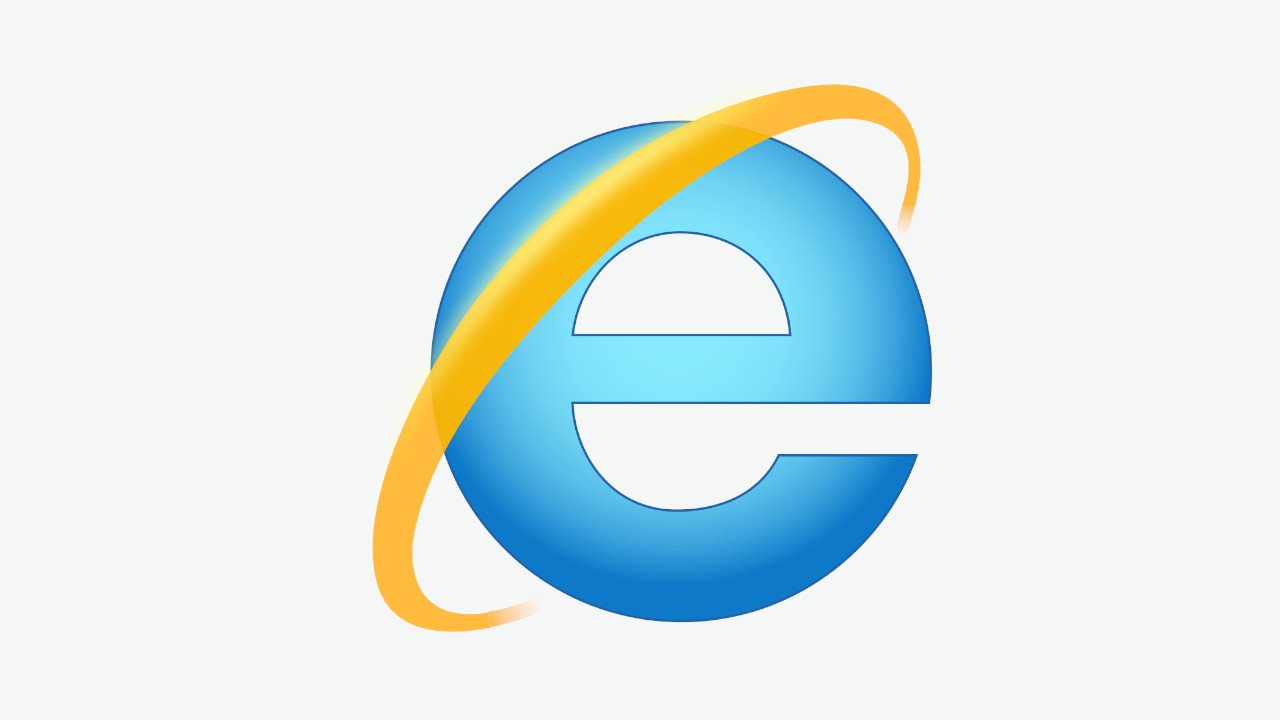Those who have been victimized by Internet Explorer in the past will finally get their sweet, slow revenge—Microsoft recently announced that it will kill the browser soon.
In a statement, Microsoft explained that Teams will no longer support IE 11 starting November, and then the rest of Microsoft 365 apps and services starting August of next year.
“This means that after the above dates, customers will have a degraded experience or will be unable to connect to Microsoft 365 apps and services on IE 11. For degraded experiences, new Microsoft 365 features will not be available or certain features may cease to work when accessing the app or service via IE 11,” the statement noted.
Let’s face it, we’ve all had our love-hate relationship with IE since it came out in 1995. It had all the makings of a tragic love story—we are giddy with excitement during our first interaction, and we sincerely hoped it would develop into something more. Over the course of the relationship, you find out that your partner never grows with you, and that he’s always unbearably slow when you’re asking him something.
Perhaps the collective anguish of IE users everywhere became the driving force for Microsoft to finally make a move towards its demise. Microsoft had this to say: “Customers have been using IE 11 since 2013 when the online environment was much less sophisticated than the landscape today. Since then, open web standards and newer browsers—like the new Microsoft Edge—have enabled better, more innovative online experiences.”
Reading between the lines, Microsoft is basically admitting the browser’s inherent limitations and finally accepting the sad truth that everyone else knew all along—IE simply cannot sit with the rest of the faster, more responsive browsers out there.
In the words of Friedrich Nietzsche, “One should die proudly when it is no longer possible to live proudly.”
Die proud, Internet Explorer. You will not be missed.






